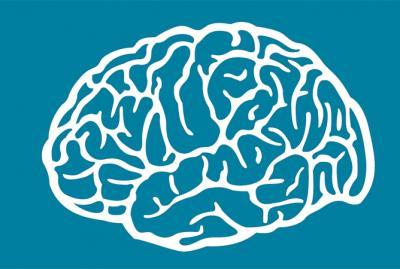Do you understand the complexities of the brain's working memory? No one really does. Yet everyone knows how much RAM is in their phone or tablet or PC.
Using the RAM analogy, researchers say that working memory - a temporary memory system that keeps information readily accessible for a few minutes - in the brains of primates is a lot like a computer. But it's also in simpler mammals like rodents. RAM does not work like the brain, the brain works like RAM. Ray Kurzweil's singularity just came a little closer after you read that sentence.
Working memory has been studied in detail in humans and primates, but little was known about its existence in other animals. "Knowing that a working memory also exists in the brain of evolutionarily simpler organisms helps us to understand the origins of this important cognitive mechanism," explains Mathew Diamond of the International School for Advanced Studies (SISSA) in Trieste. "Comparative psychology studies have historically helped scientists not only to trace the evolutionary roots of human brain functions but also to gain deeper insight into human cognitive processes themselves."
The type of sensory memory studied in rats is tactile memory. The performance of rodents in tasks assessing recognition of vibratory stimuli was compared with that of humans performing similar tasks - but rats used their whiskers and humans their fingertips. "Rats exhibited similar behavior patterns to humans, demonstrating that these animals use a tactile working memory that enables them to recognize and interact with environmental stimuli."

This brain image is stored in your working memory, brought to you by a computer's RAM. That's meta. Credit: SISSA
"Working memory is an extraordinary cognitive mechanism," comments Diamond. "It's like a container where the brain stores little bits of very recent experience, to be able to assess the best course of action. Without this temporary memory, experience would slip away without any chance of being used.
"Working memory can hold only a limited amount of information for a fairly short period of time. These limits are the result of a cost-benefit balance: the brain's computational capacity is fixed and decisions as to what action to take often need to be quick and effective as the same time. Our working memory's capacity is therefore the best we can achieve in terms of accuracy and speed with our brain.
"The brain regions responsible for working memory have not yet been identified in rats. Some believe that rats don't have the brain centers known as "prefrontal cortex" which are involved in this function in primates", continues Diamond. "Our surprise was to discover that rodents realize memory in a manner similar to humans. Now we are continuing our studies to understand how these mechanisms work in detail".




Comments